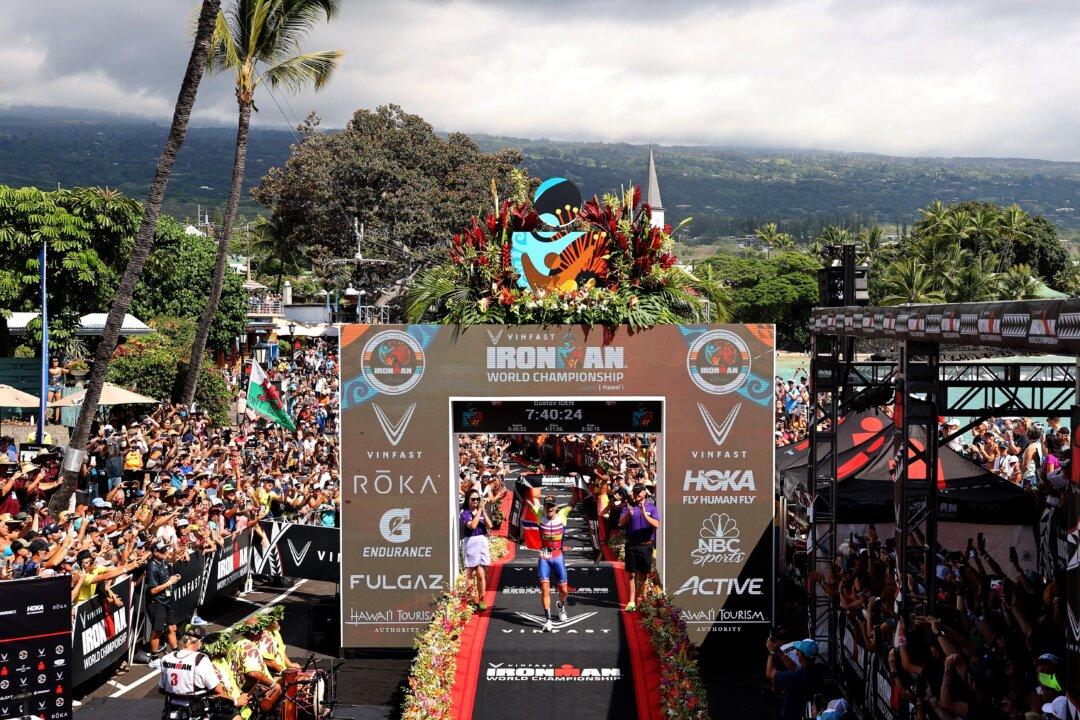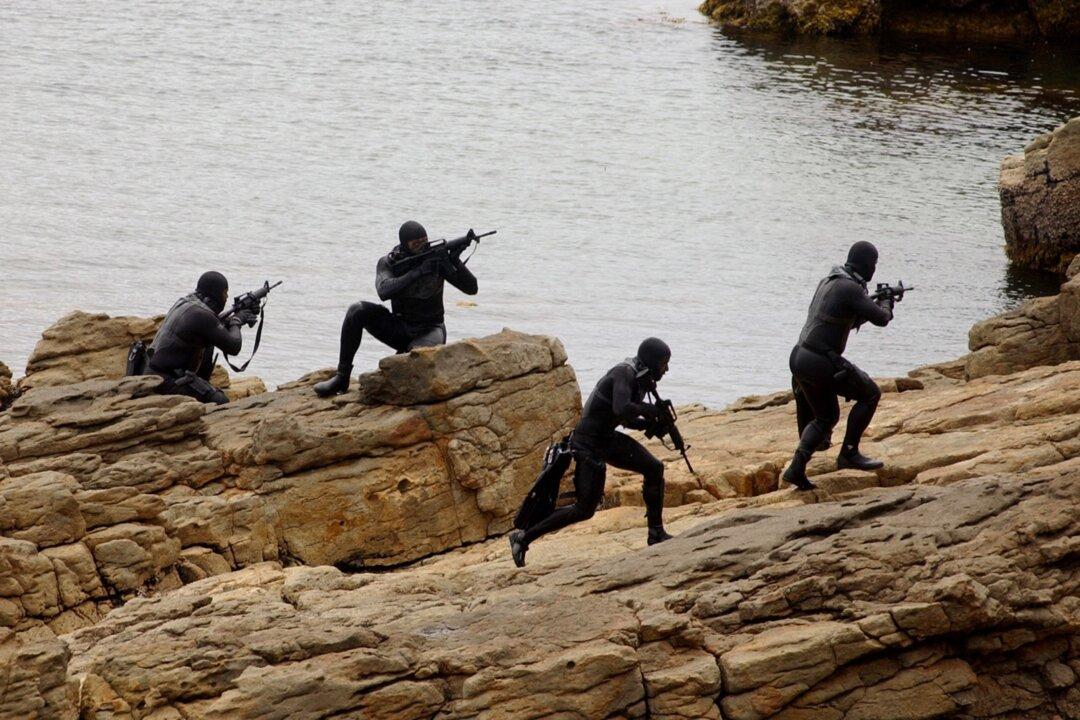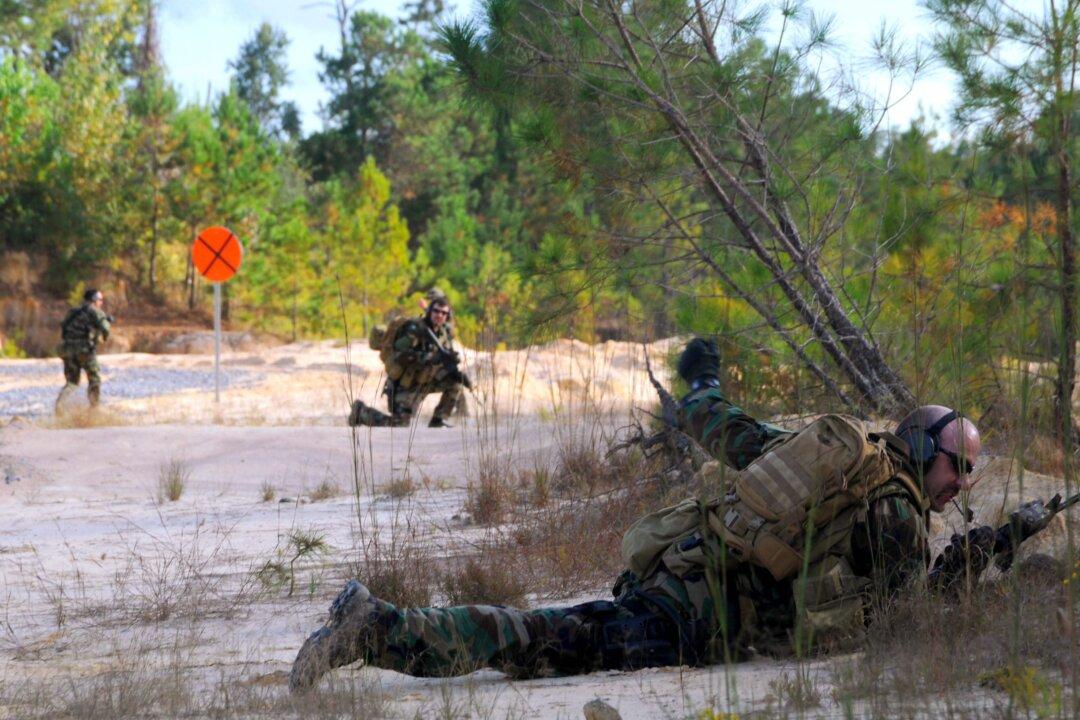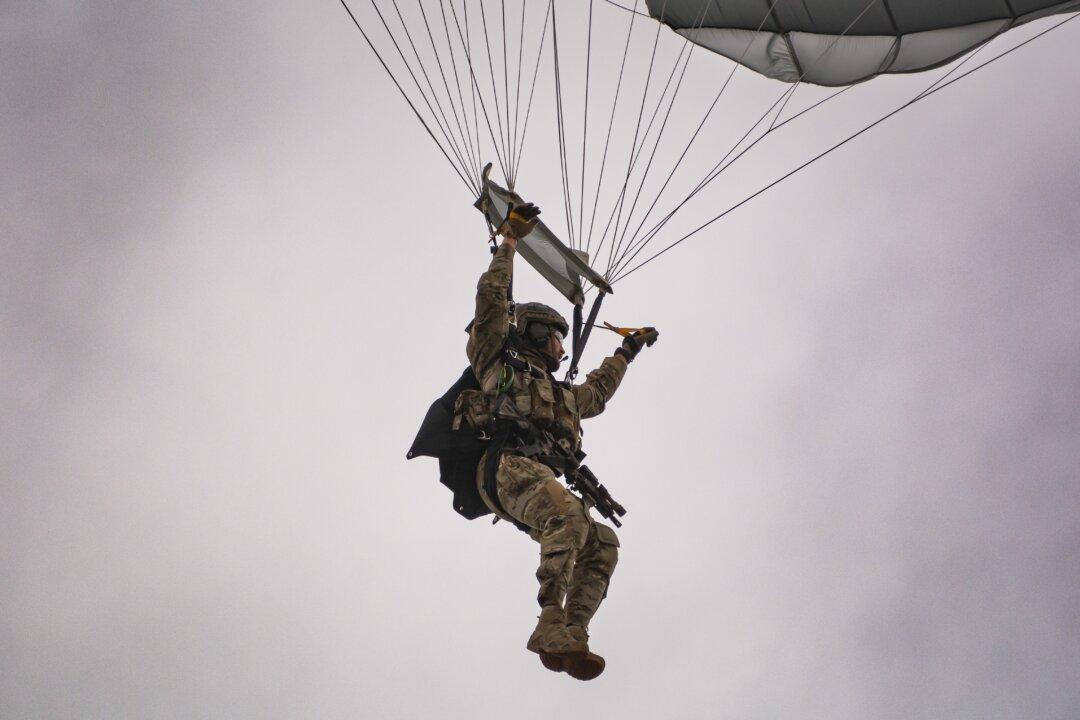“Impossible is just a word thrown around by small men who find it easier to live in the world they’ve been given than to explore the power they have to change it.”—Muhammad Ali
In 1995 while competing at the Ironman World Championship in Kona, Hawaii, American triathlete Mark Allen found himself in an unusual position. As he entered the transition area that marked the end of the cycling stage and the start of the marathon-distance run, he learned that he was more than thirteen minutes behind German Thomas Hellriegel who had just put in a dominant performance on the bike. In the world of competitive endurance sports, that is a nearly insurmountable lead, even for a guy who had won at Kona on five previous occasions.
Not one to ever give up, Allen quickly switched out of his cycling gear and into his running shoes to start the final stage of the race. At the time, the thought of making up thirteen minutes on a tough competitor like Hellriegel was simply too overwhelming to consider, particularly after already completing two very difficult stages just to get to that point in the race.
A traditional Olympic-distance triathlon includes a .9-mile swim, a 24.8-mile bike ride, and a 6.2-mile run. But an Ironman ups the difficulty considerably, stretching those distances out to a 2.4-mile swim, a 112-mile ride, and a 26.2-mile run (a full marathon), turning the race into what many believe is the toughest single-day sporting event in the world.
As if those lengths weren’t already daunting enough, the course at Kona is legendary for its ability to punish athletes. Some athletes come to compete in what they think will be an island paradise, only to discover blistering heat, high winds, and a surprising amount of vertical gain and loss along the route. As a result, even the toughest competitors can be crushed under the physical and mental demands that come along with this brutally difficult race.
As Allen left the final transition area that day he wasn’t thinking about how he could erase Hellriegel’s thirteen-minute lead. Instead, he was focused on a much smaller scale. He thought that if he could just make up a single inch with each stride, he might be able to claw his way back into contention. Just one inch with every step could be the difference between going home an Ironman champ for a sixth time or finishing as an also-ran.
It wasn’t going to be easy. In addition to trying to play catch-up with a supreme athlete like Hellriegel, Kona’s notorious weather conditions were out in full force. Not only had the mercury climbed well above 100oF, but ferocious winds buffeted the competitors all day long. In fact, at the time they were the fiercest winds that anyone had ever seen at the World Championships, making it difficult to ride and run, and completely sapping the energy from the legs of the competitors.

An hour into the marathon stage it was clear that Allen was the stronger of the two runners. He moved smoothly and easily, while Hellriegel began to labor. The German still held a sizable lead, but the American was gaining. The question was, would Hellriegal be able to hang on or would Allen be able to catch him before the finish line.
At the 23.5-mile mark, the two men finally met out on the course as Allen caught the German at long last. But, with just a little more than two miles to go, Hellriegel wasn’t ready to concede defeat. He raced stride for stride with the American for as long as he could, before eventually fading down the stretch.
In the end, Allen would finish more than two minutes ahead of his rival and claim yet another Ironman World Championship in the process. His performance that day would lead to one of the most improbable comebacks in the history of the sport and stands as a testament to his mental toughness and determination. It is also a perfect example of setting micro-goals to achieve macro-goals.
What can we learn from Mark Allen’s performance in that race? For starters, it is a classic case of never giving up until you’ve achieved your goal. In this case, that goal wasn’t just to finish one of the toughest sporting events in the world, but to win it too. When he was trailing by thirteen minutes and facing grueling weather conditions, that seemed all-but impossible to do. But by realistically assessing the challenge that he faced, then breaking it down into easy to understand numbers, Allen was able to begin the arduous task of closing the gap.
When Allen set off on his twenty-six-mile run, he wasn’t thinking about the massive lead that Hellriegel held on him or how exactly he was going to overcome the thirteen-minute gap the German had opened. Instead, he focused solely on trying to make up a single inch with each stride, pushing himself to go just a little bit faster as a result. A single inch isn’t much in the grand scheme of things, but a lot of inches can add up quickly, especially over the length of a marathon. When the dust finally settled, he ended up completing the run in two hours, forty-two minutes, and eight seconds. That’s not too bad considering he had already finished a 2.4 mile swim and ridden his bike for 112 miles.
Allen once said that “A man must not withdraw from the sport, without having given at least once in a lifetime all that he had.” As an Ironman legend, you can bet that Mark always gave everything that he had when competing in a race. That’s how you become a six- time champion and an absolute legend amongst endurance athletes.
(To be continued...)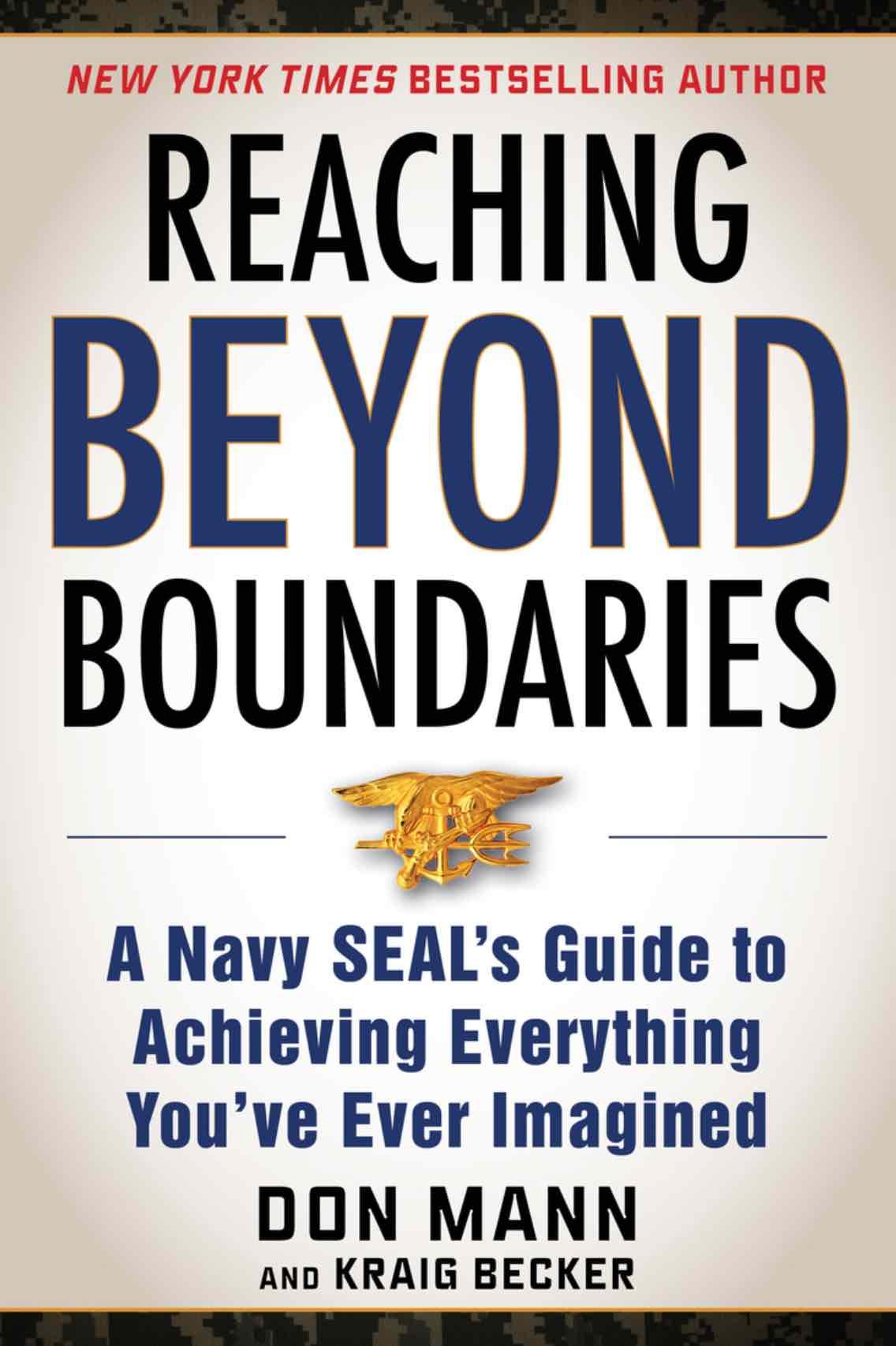 This excerpt is taken from “Reaching Beyond Boundaries: A Navy SEAL’s Guide to Achieving Everything You’ve Ever Imagined” by Don Mann and Kraig Becker.
To read other articles of this book, click here.
To buy this book, click here.
This excerpt is taken from “Reaching Beyond Boundaries: A Navy SEAL’s Guide to Achieving Everything You’ve Ever Imagined” by Don Mann and Kraig Becker.
To read other articles of this book, click here.
To buy this book, click here.
The Epoch Times copyright © 2023. The views and opinions expressed are those of the authors. They are meant for general informational purposes only and should not be construed or interpreted as a recommendation or solicitation. The Epoch Times does not provide investment, tax, legal, financial planning, estate planning, or any other personal finance advice. The Epoch Times holds no liability for the accuracy or timeliness of the information provided.

